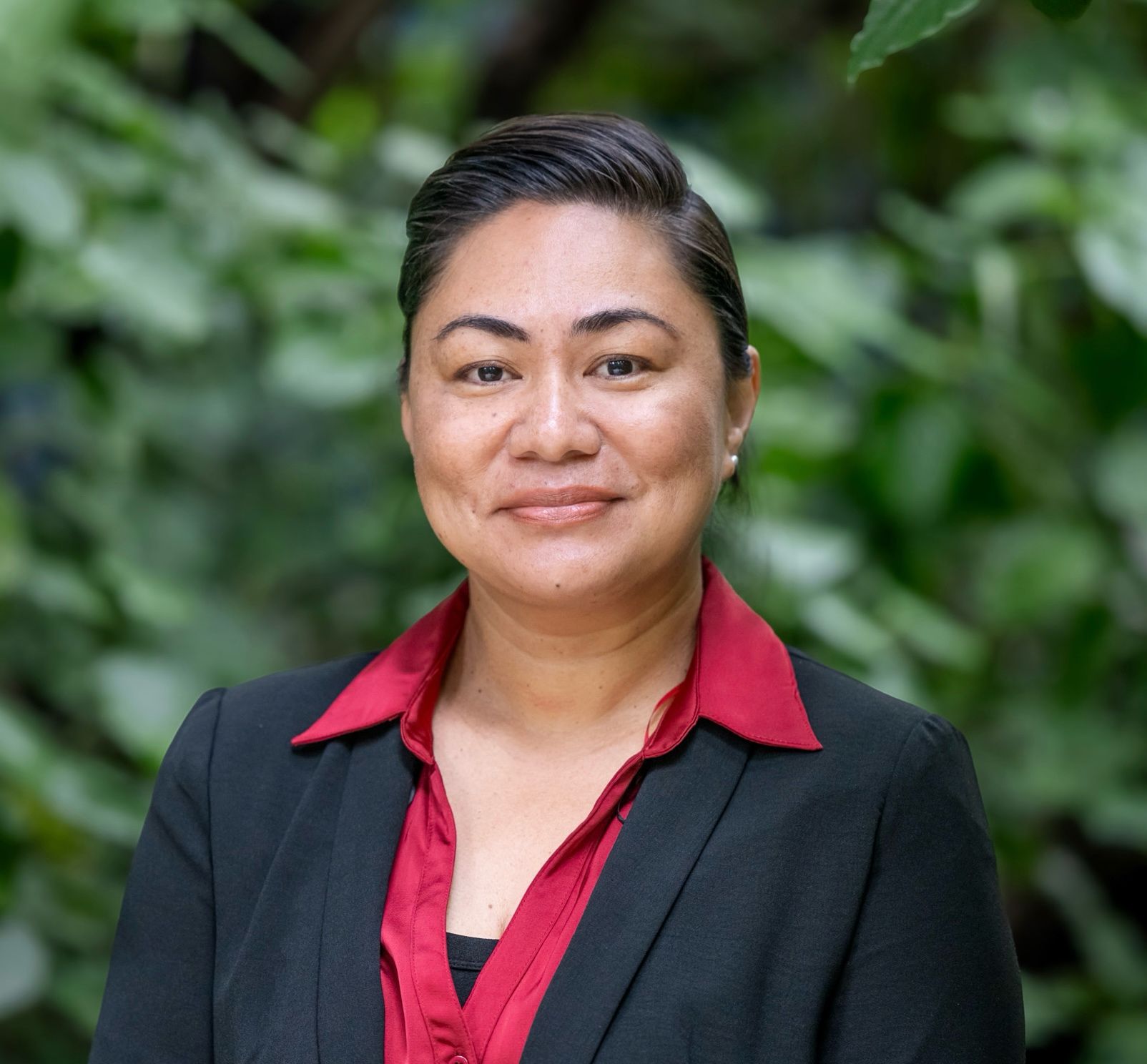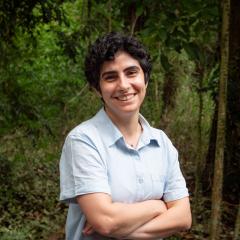The Pacific region can offer valuable lessons to its neighbours on food security in a changing climate, according to TropAg plenary speaker Dr Seeseei Molimau-Samasoni.

The new Head of International Development for the Plant & Food Research Group at the Bioeconomy Science Institute of New Zealand said food security in the region was deeply intertwined with cultural identity, health and resilience.
“The region’s geographic isolation complicates trade logistics, while its limited arable land and vulnerability to climate and weather-related disasters like tropical cyclones compound the challenges of local food production,” Dr Molimau-Samasoni said.
“Isolation also heightens vulnerability to disruptions.
“For example, during the COVID-19 lockdowns, access to basic agricultural inputs such as seeds was severely restricted, underscoring the fragility of food systems.
“These unique constraints necessitate tailored, context-specific approaches to food security and climate resilience.”
Dr Molimau-Samasoni said these factors alongside socio-economic pressures, have led to a heavy reliance on imported and often ultra-processed foods.
“We now have growing regional momentum toward achieving food sovereignty, as locally produced fresh foods not only improve health outcomes but also strengthen livelihoods and community resilience,” she said.
“Our approach emphasises local leadership and co-design, integrating traditional and Indigenous knowledge systems with scientific research.
“By engaging communities in inclusive and genuine partnerships, we co-create solutions that are relevant and sustainable.
“Our Institute’s Climate Smart Pacific Food Systems program employs a Participatory Action Research (PAR) framework, ensuring that local stakeholders are engaged throughout the research and implementation process.
“This shift away from top-down models toward culturally responsive methodologies has proven effective in fostering ownership, enhancing impact, and ensuring long-term viability of interventions.
“We must proactively envision a resilient, food-secure and healthy future for the Pacific, and implement systems, programs and policies that guide us toward that vision.
“While conceptualising this future is relatively straightforward, the real challenge lies in mobilising collective action and sustaining momentum across diverse stakeholders.”
Dr Molimau-Samasoni will speak at TropAg on Wednesday, 12 November.
The TropAg 2025 Conference will be held from November 11 to 13, 2025, at the Royal International Convention Centre in Brisbane. View program and register www.tropag.com.au.
TropAg is hosted by The University of Queensland and backed by sponsors including the Australian Centre for International Agricultural Research, Australia’s Food and Beverage Accelerator (FaBA)and the Brisbane Economic Development Agency.
Download images from Dropbox.
Media: TropAg media, Natalie MacGregor, n.macgregor@uq.edu.au, +61 409 135 651.
The Queensland Alliance for Agriculture and Food Innovation is a research institute at The University of Queensland established with and supported by the Department of Primary Industries.



